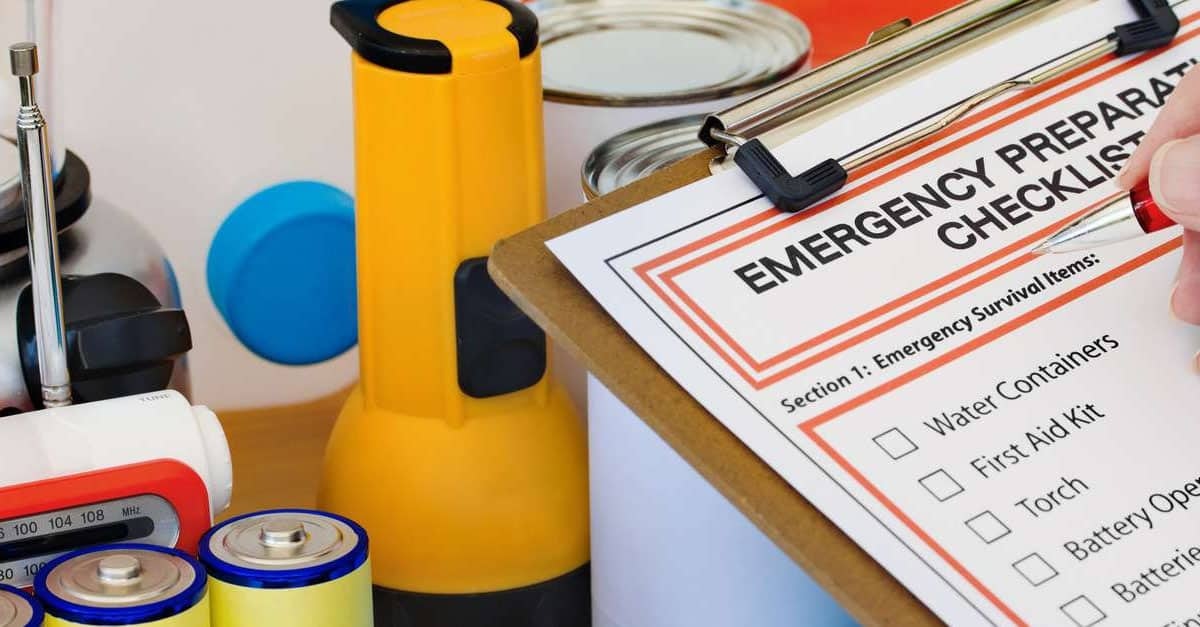
Preparing for an Emergency
Be Ready, Make a Plan
The goal of being prepared for an emergency is to maintain the continuity of your loved ones’ care and keep them safe. Your safety and theirs are our main priority. Being prepared for emergencies such as house fires, hurricanes, floods, or other natural disasters is very important. The following post can guide you on creating an Emergency Plan to prepare yourself on what needs to be done before, during, and after an emergency.
3 Steps to Prepare
Step 1: Prepare a “Go Bag” – a collection of things you want if you must leave in a hurry.
Your “Go Bag” should be sturdy and easy to carry, like a backpack or a small suitcase on wheels. You should plan on including basic supplies such as food, water, and batteries and charge all electronic devices ahead of time. Make sure to include medications and medical supplies for a minimum of three days and any additional items that are important to your everyday needs, such as eyeglasses or hearing aids.
Step 2: Create a Plan of Action – a plan for doing in an emergency.
- What will you need?
- Where will you go if you need to evacuate?
- Who will assist you?
- Did you notify your RN Case Manager?
- Start gathering your personal information, such as insurance cards and identification, and make a list of emergency contacts. Make copies of your important documents, including but not limited to DNR, MOLST, social security card, and a copy of your current medication list.
- Place them in a waterproof container in your “Go Bag.”
- If you use electrical or battery-dependent assistive technology and/or medical devices, you must plan. Some of these devices may include:
- Breathing machines (respirators, ventilators, and nebulizers)
- Power wheelchairs and scooters
- Oxygen or suction machines
- Create an evacuation plan in the event you need to leave your home;
- Know where to find your “Go Bag.”
- Know how to reach your emergency contacts.
- Provide your contact information and location to your RN Case Manager.
- Know how to operate your medical equipment.
Step 3: Get Informed
It is essential to get informed about the possible emergencies and disasters that typically affect your area and the available resources. Below are a few to help you get started; you may also access City of New York resources by calling 311 (TTY: (212) 504-4115) or using NYC.gov to contact City agencies. Do not call 911 for non-emergencies or to report a power outage.
At MJHS, we value both personal and professional caregivers and recognize the critical work you do. That is why we have created these online caregiving resources to help you through this crucial time in your life.
If you need additional help and support caring for your loved one, please feel free to contact MJHS. We can recommend other care options available to you through one of our programs.